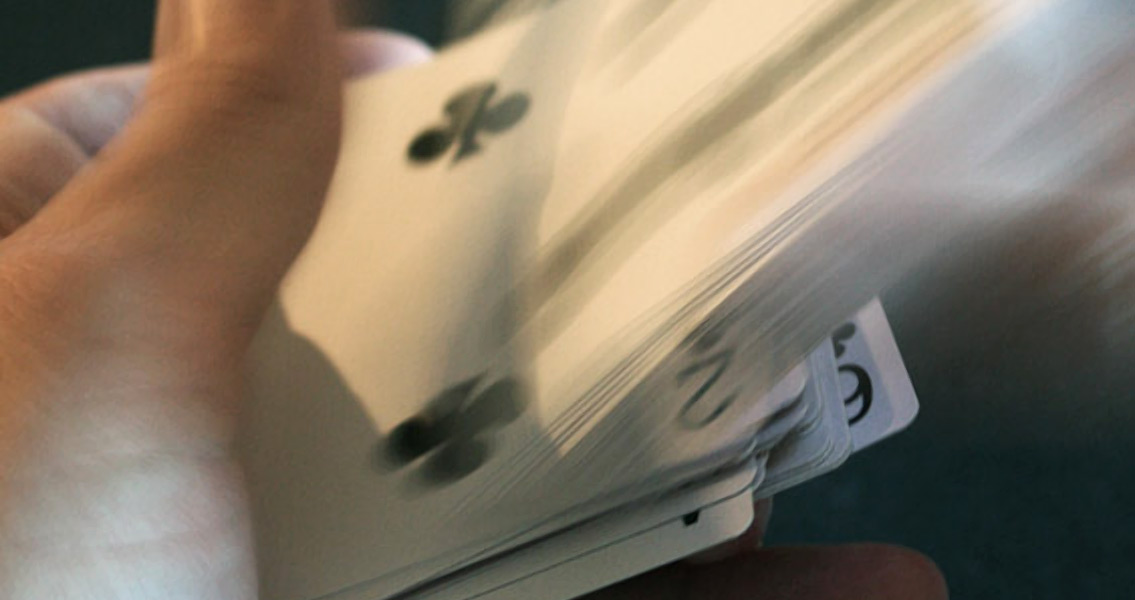<![CDATA[Career gambler, businessman and bootlegger Arnold Rothstein was shot and killed at a meeting in the Park Sheraton Hotel in Manhattan, on 4th November, 1928. In the first two decades of the twentieth century, and particularly during the prohibition period when alcoholic beverages were outlawed in the United States, Rothstein was the most powerful gangster in New York, and one of the most influential in the USA. Born to a middle class Jewish family on New York's Lower East Side, Rothstein became involved in gambling and loan sharking during his teens, and by age twenty already owned his own casino. The key to his initial success was an ingenius ability to calculate the odds in card games. As he became older and wealthier, this was complimented with the ability to use his wealth and influence to control those odds, making sure his bets always paid off. In 1919 he was accused of having fixed the Baseball World Series. Abe Attell, an employee of Rothstein's, had paid several players in the Chicago White Sox team to deliberately lose the final. Starting a trend which would continue throughout his life, Rothstein escaped indictment, as he would for every other charge ever levelled against him. Buying up racehorses, nightclubs and brothels, and becoming one of the first to start shipping herorin into the United States, Rothstein's personal fortune grew to some $50 million. Associates referred to him as Mr. Big, revealing just how much control he had over New York City. Historian Leo Katcher described him as the "J.P. Morgan of the underworld." By the time of his death however, Rothstein had fallen on a run of bad luck. Much of his business empire had crumbled - a government crack down on bootlegging cut off one of his main income streams and he entered a devastating losing streak in the high stakes bets and poker games of which he was such an avid participant. Most significantly, Rothstein lost $320,000 to Nate Raymond, Al Thompson, Joe Bernstein, Martin Bowe, Meyer Boston and Hump McManus, a group of Californian gamblers, in 1928. Causing shock throughout the American underworld and perhaps a sign of the desperate levels to which he had sunk, Rothstein refused to pay the money he owed, insisting the game had been rigged. On 4th November, Rothstein was summoned to a meeting in room 349 of the Park Sheraton Hotel, in a telephone call from McManus. Witnesses claimed that as soon as Rothstein received the call, he rushed to get to the location - although no one knows exactly why he seemed so willing to meet with someone who he both owed money to and had previously accused of rigging poker games. Details of what followed are unclear, but at around 10:15 pm he stumbled out of the hotel service elevator clutching his stomach. He made it to the street before collapsing. In his last moments of consciousness police tried to get Rothstein to reveal who had shot him, but keeping to the code of the underworld, he refused to do so. McManus, the prime suspect for the crime, was tried for Rothstein's murder but later acquitted after a witness who initially claimed to have seen him at the hotel recanted her testimony. Other potential suspects for involvement in the murder are those who stood to gain the most by seeing him killed - rival gangsters who wanted to gain control of his assorted business interests. These included Meyer Lanksy, Charlie Luciano, and Arthur Flegenheimer - otherwise known as Dutch Schultz. Image courtesy of Wikimedia Commons user: Alan Cleaver]]>
Gambling Genius Arnold Rothstein Gunned Down
